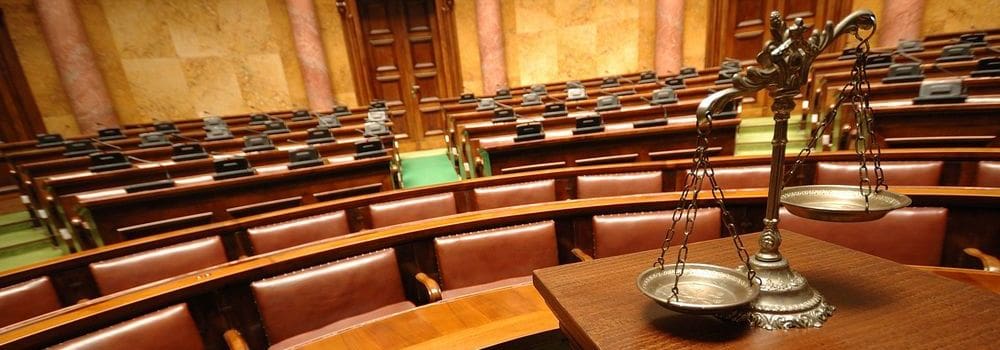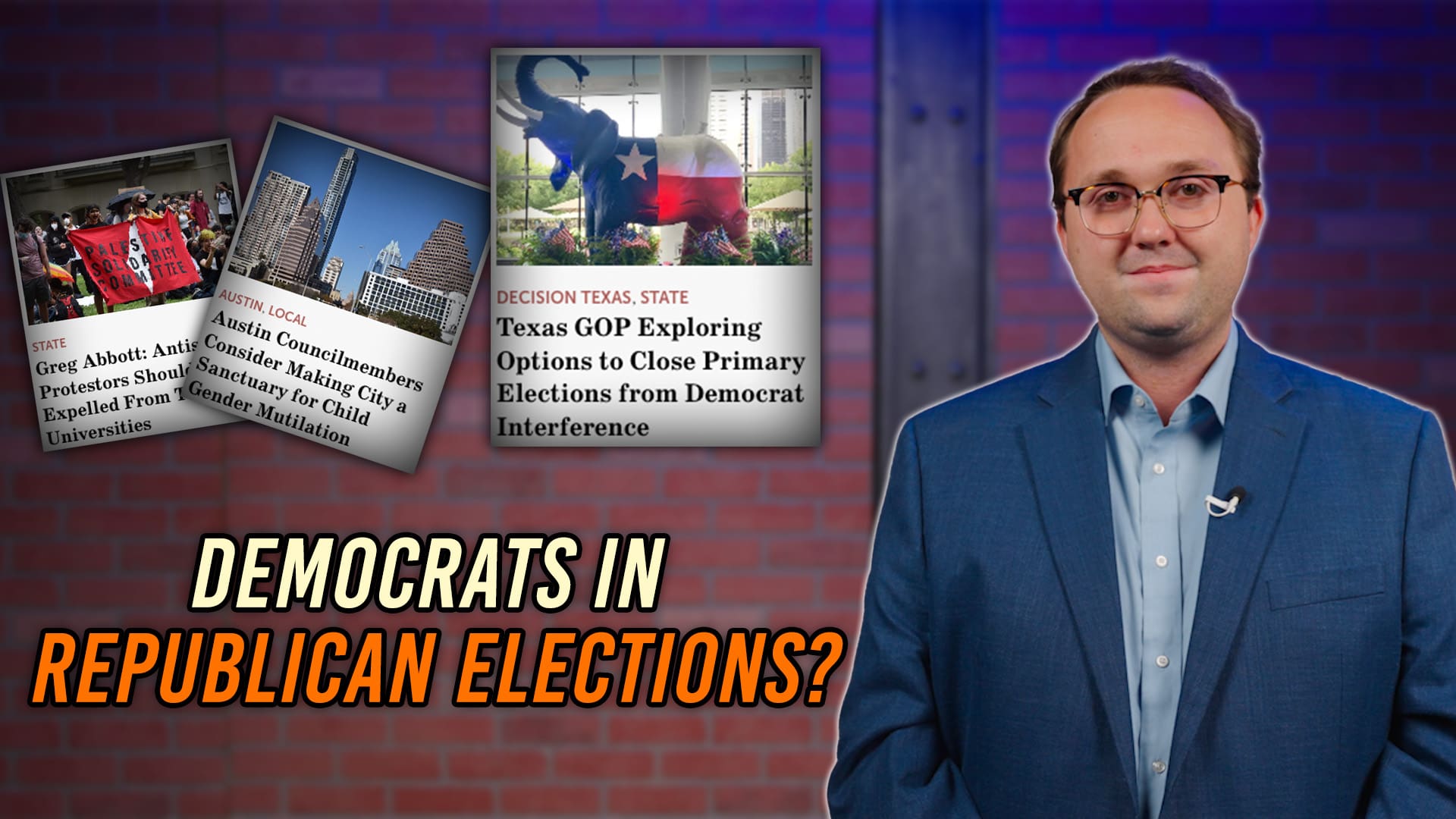The criminal trial against Montgomery County Judge Craig Doyal and County Commissioner Charlie Riley has taken another turn with the announcement that oral arguments will be delayed until January 25. The arguments will take place before the Ninth Court of Appeals, who agreed to the delay.
Doyal and Riley were indicted in 2016 under the charge of conspiring to circumvent the Texas Open Meetings Act while secretly discussing a road bond proposal. Rather than prove their innocence, the defendants based their case on proving that TOMA is unconstitutional. Visiting judge Randy Clapp agreed, and ignoring TOMA, dismissed their case in an act of judicial activism.
The state appealed, and the Ninth Court of Appeals agreed to take up the case. Doyal’s attorney, Rusty Hardin, requested that arguments before the court, scheduled for November 9, be delayed until January 2018, which the court accepted.
Because Doyal and Riley are seeking to overthrow parts of the Open Meetings Act, their case has statewide implications. Seeing the importance of the trial, Texas Attorney General Ken Paxton has joined the case on the side of the prosecution, and filed a brief against Doyal and Riley.
Paxton believes TOMA is critical to transparency and accountability in government, and will be defending the law against Doyal and Riley. Paxton’s brief states:
“The Office of the Attorney General has a specific and heightened interest in this litigation because the Texas Open Meetings Act is a predominantly civil law that is vital to the open functioning of all levels of government in Texas.”
Paxton is arguing that TOMA does not violate officials’ right to free speech because it “does not concern what is said, but only whether it is said in private, away from voters who need that information to hold their elected officials accountable.”
In addition to filing his friend of the court brief, Paxton is also seeking to participate in oral arguments, which is significant, since friends of the court do not usually participate in oral argument.




